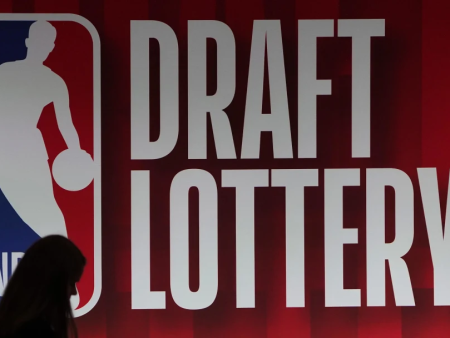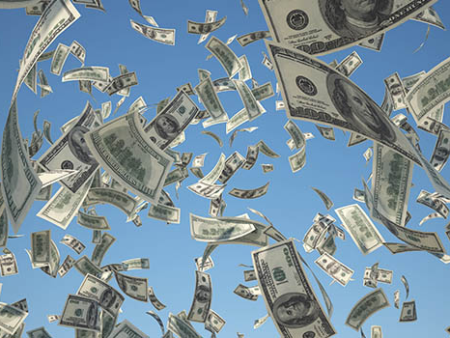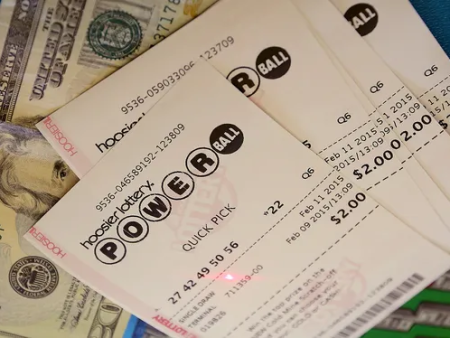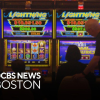
In an extraordinary streak of purported fortune—or misfortune, depending on one’s perspective—the Powerball jackpot has surged to a staggering $1.23 billion, marking a period of over three months without a jackpot victor. This Saturday night, Powerball will equally match a record for the most consecutive lottery drawings without a winner, a scenario that has propelled its top prize into the realm of the 8th largest in U.S. lottery history. These developments, far from being anomalies, underscore a fundamental truth about the nature of the game: it is meticulously designed to foster long odds, generating a colossal jackpot that irresistibly lures individuals to invest $2 in a ticket, despite the minimal likelihood of success.
At its core, the Powerball’s architecture is a testament to the human proclivity for hope and the allure of improbable wealth. The lottery operates on a principle of enticing millions by the distant dream of instant riches—a dream so compelling that it transcends the stark mathematical realities underlying the game. The odds of matching all six numbers to hit the jackpot stand at an astronomical 1 in 292.2 million. These long odds are not simply incidental; they are fundamental to the game’s structure, ensuring that jackpots grow to eye-watering sums, thereby fueling public interest and ticket sales.
Critics might argue that the incredibly slim odds of winning amount to a form of exploitation, preying on the hopes of individuals for a life-altering windfall. However, proponents contend that the lottery is a voluntary activity, one that offers participants a momentary escape into a world of “what if,” even if the escape is fleeting and founded on exceedingly remote possibilities. The current $1.23 billion jackpot is emblematic of this complex interplay between hope and mathematical improbability. With each passing drawing that fails to produce a winner, the jackpot swells, and with it, the national fascination. This cycle is not merely incidental but is integral to the design of Powerball. It poses an intriguing question about the nature of lottery games: Are they merely mechanisms for generating hope, however improbable, or do they verge on fostering illusions?
Beyond the allure of the jackpot itself, the Powerball and similar lottery games play a significant role in public financing, with proceeds from ticket sales often directed toward state-funded projects and education initiatives. This aspect adds an additional layer of complexity to the debate, suggesting that even as individuals chase highly improbable dreams, their contributions can have very tangible benefits for society. In reflecting on the current Powerball jackpot and its implications, it’s essential to maintain a balanced perspective. While it’s natural for people to dream and hope for a better life, understanding the odds is crucial. The lottery, by design, is a game of long odds and immense jackpots, a mechanism that captivates millions with the promise of wealth but delivers it to a virtually nonexistent few.
Ultimately, the $1.23 billion Powerball jackpot serves as a symbol of the enduring human fascination with luck and fortune. It is a testament to the power of hope in the face of astronomical odds, and a reminder of the complexities inherent in games of chance. Whether viewed as a harmless diversion or a mathematical mirage, the Powerball phenomenon prompts us to reflect on the values we assign to hope, luck, and the pursuit of financial windfalls in an unpredictable world.
News source: Powerball jackpot reaches $1.23B as long odds mean lots of losing, just as designed












